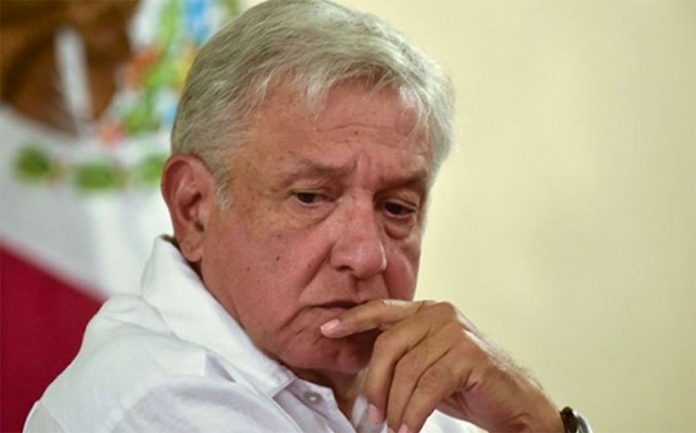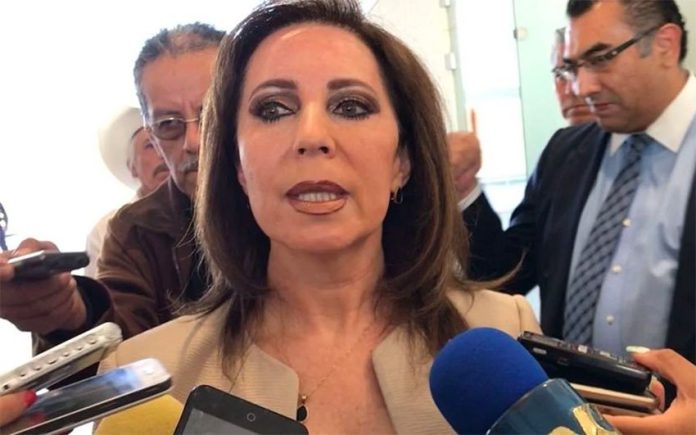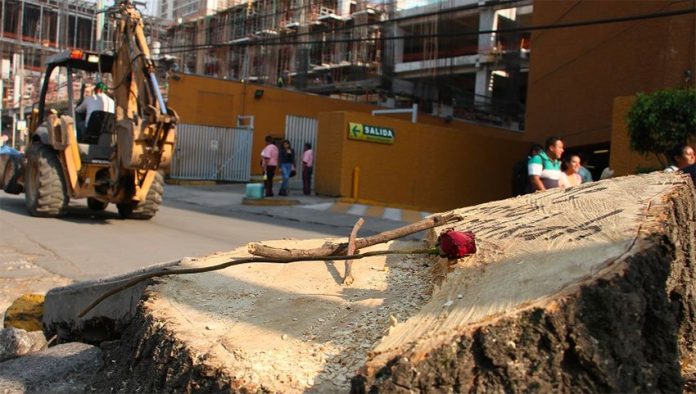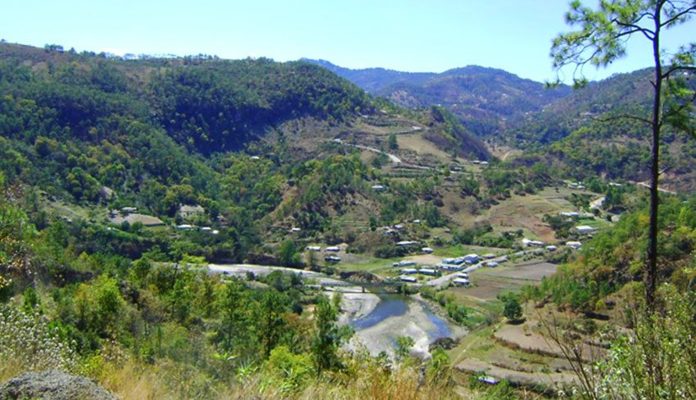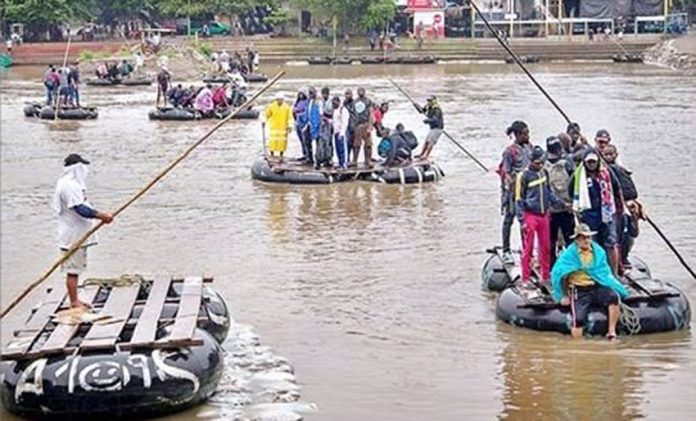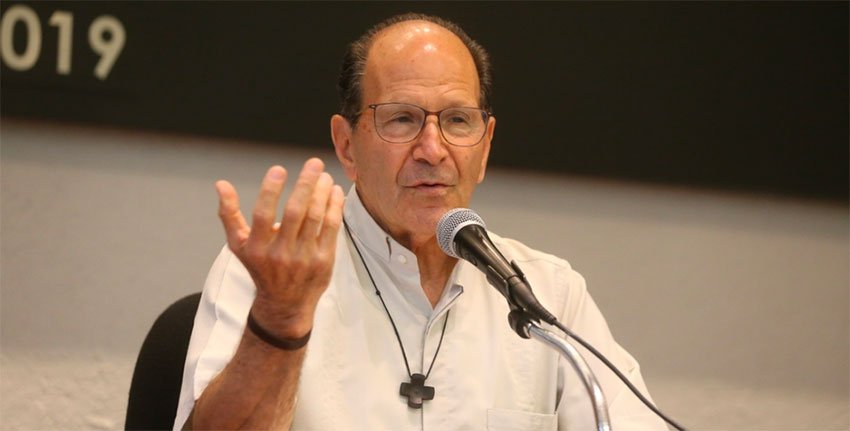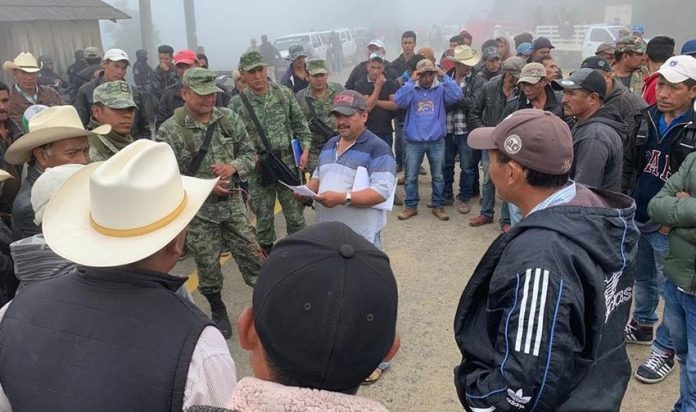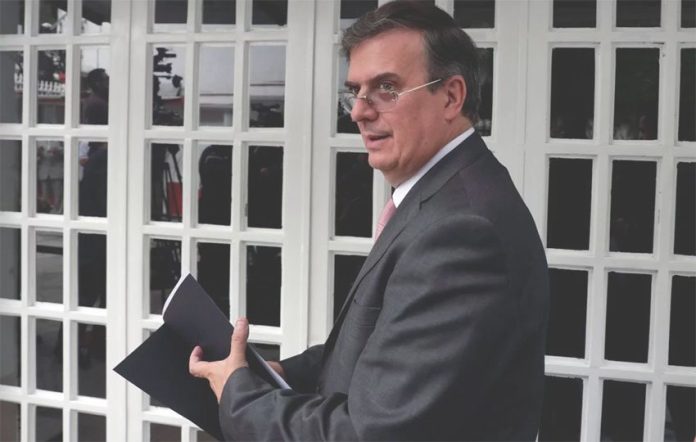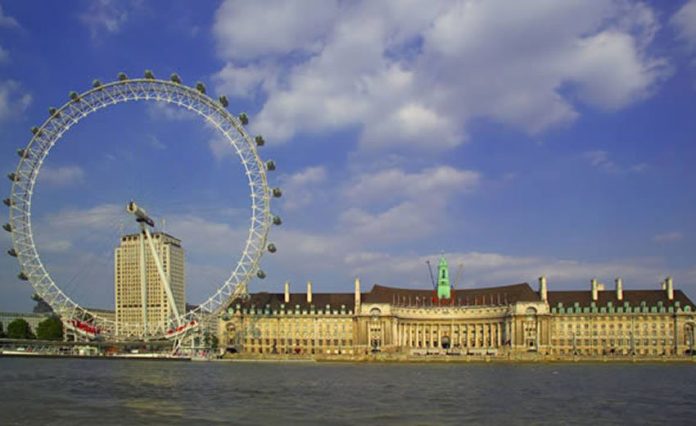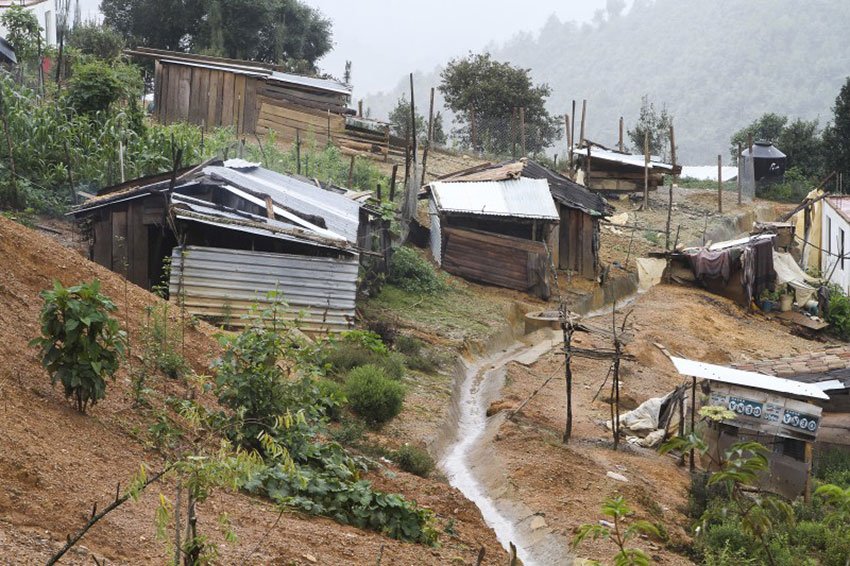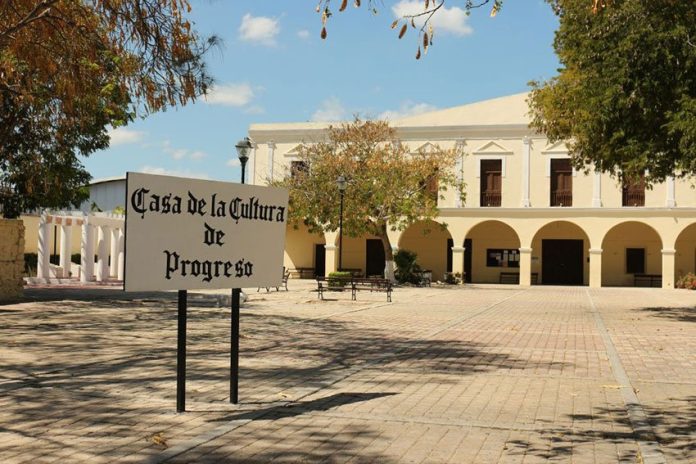Just as the new president of Mexico, Andrés Manuel López Obrador, also known as AMLO, was about to be inaugurated six months ago, I wrote about the costs that his misguided and rash decisions had already imposed on the country even before he formally took the oath of office.
After a half a year on the job, there is no doubt that he is persevering in installing a personal fiefdom, imposing broad government control of the economy, obliterating independent institutions and relentlessly attacking the press, the checks and balances that allow democracy to function. His tenure will lead the country to complete disaster.
Super delegates
The method AMLO devised to neuter Mexico’s federal pact is by personally naming “super-delegates” in each state to oversee the disbursing all federal budget funding. The government officials allocate funds directly to the specific spending projects of the central government, circumventing the mandate of locally elected governors, a scheme which violates the laws that regulate the budgeting and spending processes between the states and the federal government.
The “super-delegates” have become de-facto local officials but respond only to AMLO. They have not been popularly elected for anything and are in all cases politicians that belong to AMLO’s National Regeneration Movement political party, popularly known as Morena.
The idea is that by the time there are elections for governor in the states, these loyal followers with the checkbooks at their disposal will be in an unbeatable position to win governorships.
Supreme Court and Congress
In the case of the Supreme Court, AMLO has already been able to name three loyal partisans to serve on the 11-member bench. Under the Mexican system, justices on the high court serve terms limited to 15 years and there were several vacancies when he took office.
A qualified majority of the Senate is needed to approve nominees for the court, but the catch is that if it rejects them twice, as was the case with AMLO’s candidates, the president can name them directly, which is exactly what he did.
The competence of the new justices was questioned by legal experts and the likelihood of conflict of interest was highlighted. One of the newly appointed justices is the wife of AMLO’s favorite contractor and main opponent to the construction of the long-planned, and now-canceled, new Mexico City airport. The cancellation will cost the country around US $500 billion, or 4% of GDP.
AMLO already has a majority in Congress, which has helped him pass most of the laws that he has proposed, but his party continues to lure opposition legislators into its fold with all sorts of “inducements.” The efforts may succeed in creating a Morena super-majority that would allow AMLO to modify the constitution at will.
Control over military
In order to acquire an effective control over the armed forces, which he bad-mouthed and even insulted throughout his decades-long political campaign, he has entrusted them with enormous power and responsibilities, unheard of in a democratic republic.
They are now in charge of creating a new National Guard, nominally under civilian authority, which will combine personnel of the military police forces with that of the Federal Police, a civilian corps years in the making that is being terminated.
The armed forces will also be directly in charge of building a new airport in the main air force base in the country, some 50 kilometers away from the old Mexico City airport, which also will continue to serve, despite its decrepitude and conflicting air space with the proposed new airport.
They are being entrusted too with the development of a huge piece of land in Mexico City that was part of the largest army installation in the center of the country. The use of the military in civilian tasks on top of lucrative jobs for the top brass were taken from Hugo Chavez’ playbook in Venezuela, an effective tool to neutralize their potential opposition to the regime.
Undermining independent institutions
AMLO has also undertaken what is, so far, a sideways assault on the many autonomous entities created in recent years to ensure a level playing field between a powerful government, civil society and the private sector.
The Mexican president hates such organizations because they are independent and he has harassed them by lowering salaries drastically. He began dismembering the Energy Regulatory Commission, the arbiter in the oil and electricity sectors between the new private sector participants, state monopolies and the government, by naming inept candidates – also rejected twice by the Senate – to fill vacancies.
He has similar intentions with the electoral authority that finally rendered Mexican elections credible and fraud-free; the telecommunications regulator, in charge of ensuring equal access and competition in the sector; the human rights commission, which has played a crucial role in defending individuals against government abuse and misuse of power; and particularly, the entity in charge of assuring government transparency that AMLO blames of being “an accomplice to the neoliberal corrupt regimes.”
He has been more careful with the country’s central bank, a cornerstone of the country’s economic stability in the last 25 years, but he has already named two of its five governors. Although they are regarded generally as competent economists, they are not experts in monetary policy.
Without the checks and balances of an independent judiciary, Congress, state governors and local authorities, autonomous entities and a free press, the newly-empowered executive in Mexico is continuing to consolidate power and is resorting to the armed forces for non-military objectives. It is the perfect recipe for a debacle.
Manuel Suárez-Mier is an economist and former Mexican government and central bank official. He has taught at universities in Mexico and the U.S. for 40 years.
